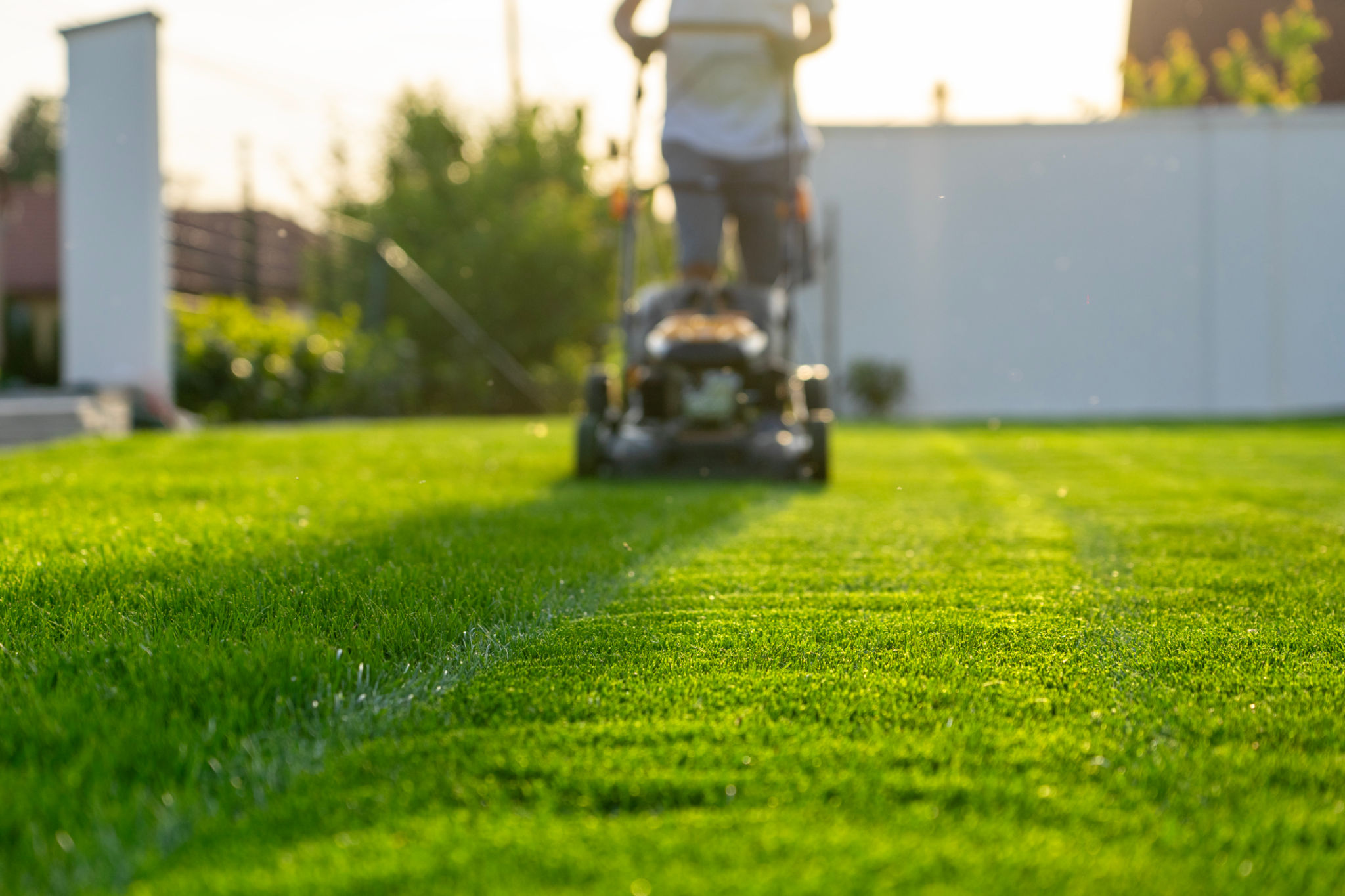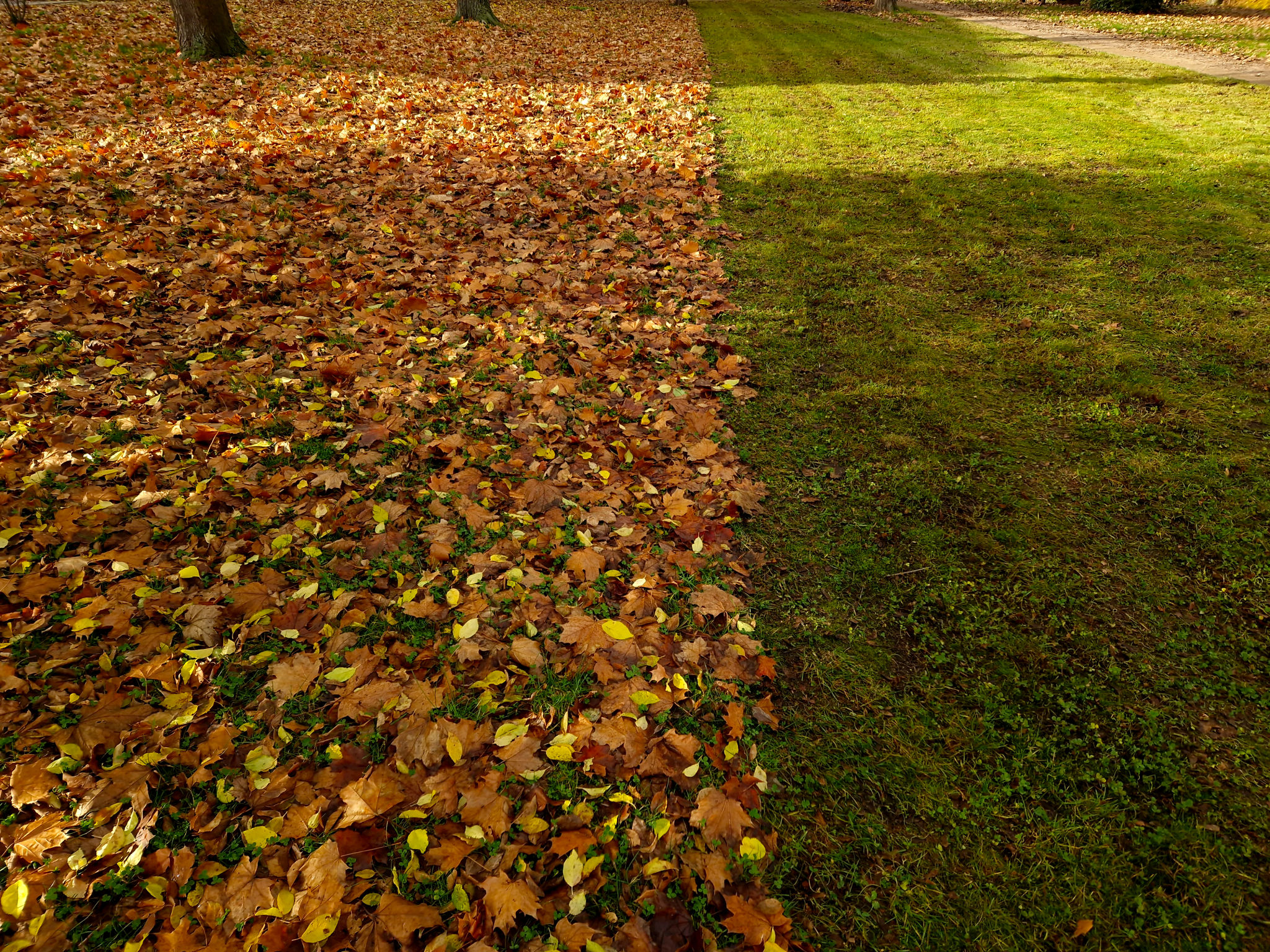Seasonal Lawn Care Tips for a Healthy Yard Year-Round
Spring: Preparing for Growth
As the chill of winter fades, it's time to prepare your lawn for the burst of growth that spring brings. Start by raking away any leftover debris and dead grass to allow the new grass to breathe and grow. Aerating your lawn is also crucial, as it helps alleviate soil compaction and ensures that water, nutrients, and air reach the grassroots effectively.

Fertilization is another key step in spring lawn care. Apply a balanced, slow-release fertilizer to provide essential nutrients. Make sure to also address any bare patches by overseeding, ensuring your lawn grows evenly as the season progresses.
Summer: Maintaining Health Under Stress
With the arrival of summer, your lawn will face stress from heat and increased foot traffic. To keep it healthy, water deeply but infrequently. This encourages roots to grow deeper, making your lawn more drought-resistant. Ideally, aim for about an inch of water per week.
Mowing plays a significant role in summer lawn care. Keep your mower blades sharp and set them higher to leave grass a bit longer, which provides shade to the soil and retains moisture. Regular mowing also prevents weeds from going to seed.

Fall: Preparing for Dormancy
As temperatures begin to drop, it's time to prepare your lawn for the dormant winter months. Start by continuing to mow regularly and gradually lower the blade height. This helps prevent matting under snow, which can lead to diseases.
Fall is an excellent time for fertilization and overseeding. Applying a fall-specific fertilizer will give your lawn the nutrients it needs to survive the winter. Overseeding can help fill in any bare spots and ensure a thick, healthy lawn come spring.

Winter: Protecting Your Lawn
During winter, your lawn requires minimal maintenance but still benefits from some protection. Avoid heavy traffic on frozen grass, as it can damage the turf and lead to bare patches. If snow covers your lawn, try not to pile it up excessively in one area.
While mowing is not needed in winter, keep an eye out for any debris or fallen branches that should be removed promptly. A clear lawn will be better prepared for spring growth when the weather warms up again.
General Tips for Year-Round Lawn Care
A consistent lawn care routine is essential for maintaining a healthy yard year-round. Regularly check for signs of pests or diseases and address these issues promptly. Soil testing every few years can provide insights into nutrient needs and help you adjust your fertilization schedule accordingly.

Additionally, consider implementing a composting system to create a natural fertilizer rich in nutrients. This eco-friendly approach not only benefits your lawn but also reduces waste. Remember, a healthy lawn enhances your outdoor space's beauty and provides a welcoming environment for family and friends.
